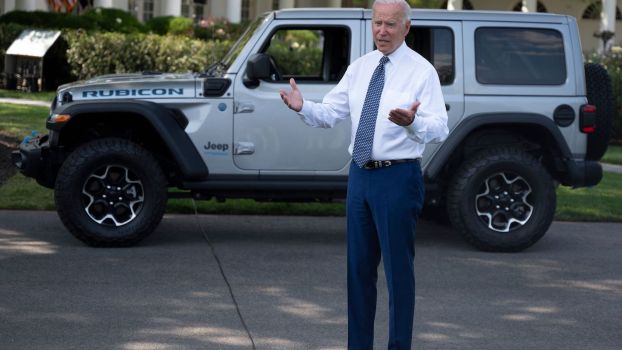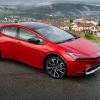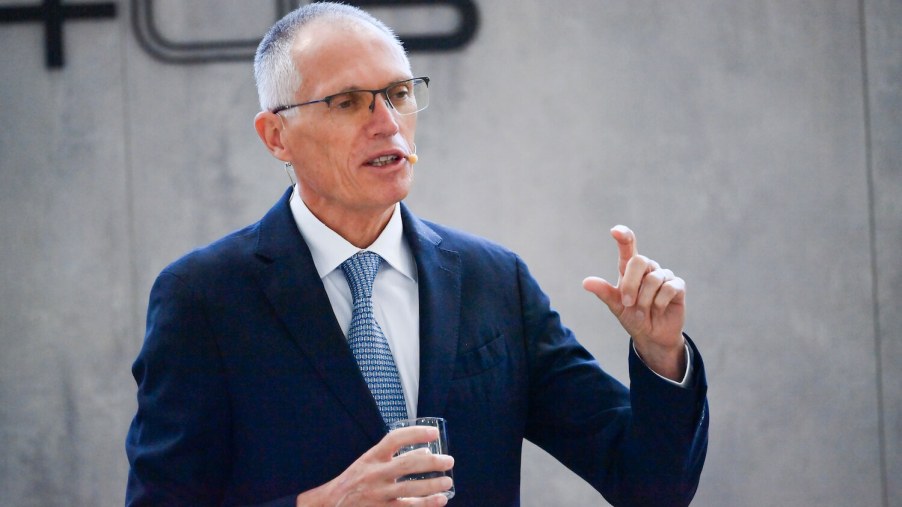
Stellantis CEO: Combustion Ban May Be Hasty
Stellantis is a merger of 12 automakers, including Ram, Jeep, Chrysler, and Dodge. The CEO, Carlos Tavares, is shaking up how the industry handles public relations. He left the European Automakers Association and held a panel on the future of mobility. He revealed that he is unsure whether the earth possesses enough lithium to replace every internal combustion vehicle with an EV. He also warned that Europe’s combustion ban might be hasty, pointing out how such a ban is very different–and possibly more harmful–than an emissions ban.
There’s a significant problem with a combustion ban

The European Union is voting on banning all new internal combustion engines by 2035. Proponents of the law argue that because most cars operate for 15 years or longer, rushing such a ban is necessary for reducing carbon emissions by a 2050 environmental target.
Stellantis–which includes European manufacturers such as Fiat, Peugeot, Alfa Romeo, Citroën, Opel, Lancia, and Maserati–has pledged to transition to 100% zero-emissions vehicles in Europe by 2030.
Despite this pledge, Tavares distinguished between legislating zero-emissions vehicles and passing an outright combustion ban. The first strategy allows scientists to pursue clean combustion, which might be our best shot at eliminating greenhouse gas emissions. But the latter seeks to control the type of technology automakers can use rather than just control the impact of that technology.
“Our societies are losing a lot of great potential by not having a technology-neutral regulations. This is a big, big loss of creativity of scientific power that we are deciding upfront by imposing one single technology instead of having a technology-neutral regulation that would create healthy competition.”
Carlos Tavares, Stellantis CEO
Legislating the technologies that future transportation can and can’t use is based on the absurd assumption that scientists driven by the free market couldn’t possibly develop some new invention that lawmakers haven’t already foreseen.
Legislators appear to be listening to Tavares. Last month, Germany voted down the combustion ban as it’s currently written. Germany’s argument: that the law needs to make allowances for future “green” fuels–according to CNN.com.
A combustion ban may be elitist
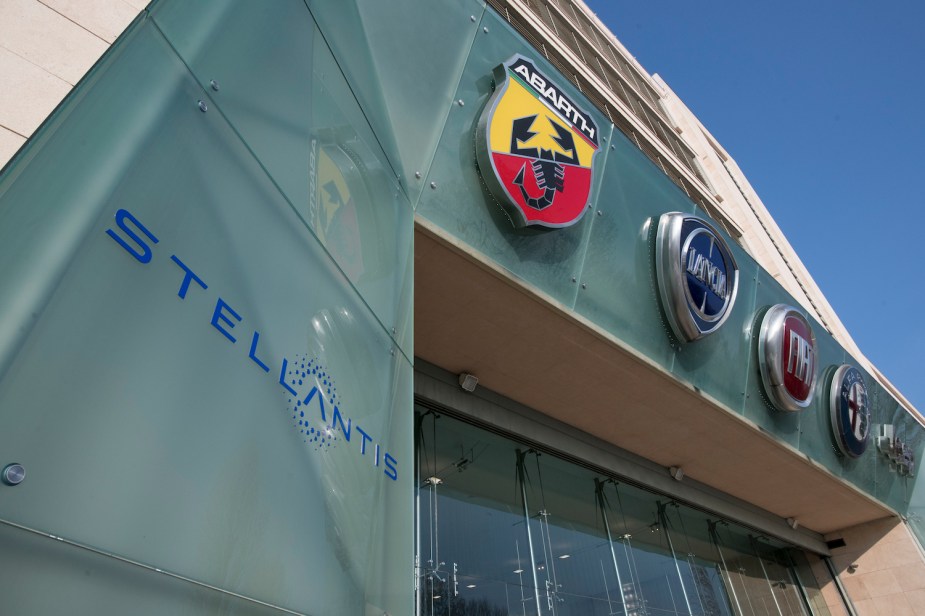
Tavares made the above comments during Stellantis’ Freedom of Mobility Forum. He also warned that we might not have enough lithium to replace all of the planet’s cars with Li-ion battery EVs.
“We know that we need lithium. We know that we are not producing as much as we need. We have right now 1.3 billion cars (that are) internal combustion engine powered on the planet. We need to replace that with clean mobility. That will need a lot of lithium. Not only the lithium may not be enough, but the concentration of the mining of lithium may create other geopolitical issues.”
Carlos Tavares, Stellantis CEO
So what would happen if Europe–and certain U.S. states–ban all combustion? Electric vehicles–already 40% more expensive than comparable ICE cars–would become even more expensive.
Tavares added: “The affordability is not there because the raw materials are scarce and very expensive, and I would add very volatile.”
The Mercedes-Benz’s CEO warned that EVs may get more expensive if we increase production without a better supply chain. Even if we have enough lithium on the planet, opening a new mine takes years–sometimes a decade.
A combustion ban prioritizes the first world
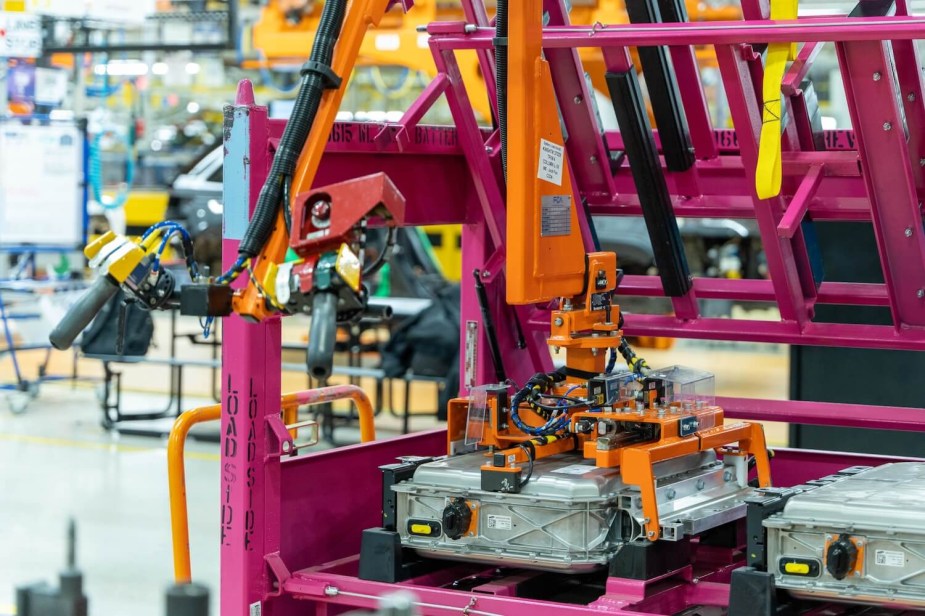
What alternatives do we have to decrease greenhouse gases rapidly? One alternative to the combustion ban is to require every new vehicle to have at least 30–or even 50–miles of zero emissions range. A full battery electric vehicle would meet this requirement, but so would a much more affordable plug-in hybrid. In the near future, a fully electric vehicle with a small lithium-ion battery pack and a gasoline range extender might be an even more efficient solution.
Many countries could fast-track such a requirement. Because 90% of drives are under 30 miles, this would reduce greenhouse gas emissions to the rare longer road trip. The net carbon reduction of such a strategy could be much more significant than a handful of wealthy countries banning all combustion.
The current strategy, combustion bans in a few wealthy countries or states, amounts to lithium hoarding. On a planet with a limited amount of lithium, the wealthiest countries–and the richest drivers in those countries–are monopolizing the supply. Why? So they can commute in electric vehicles with luxuriously long ranges.
Next, find out whether alternative to the combustion ban or see Stellantis’ Freedom of Mobility Forum for yourself in the video below:


